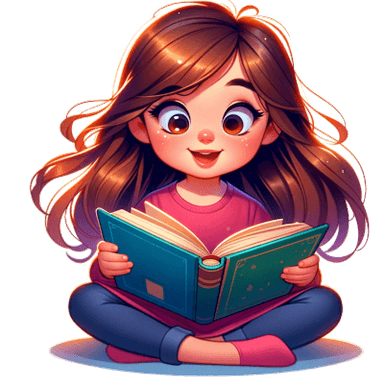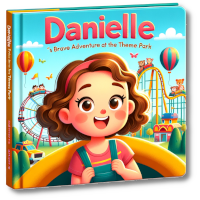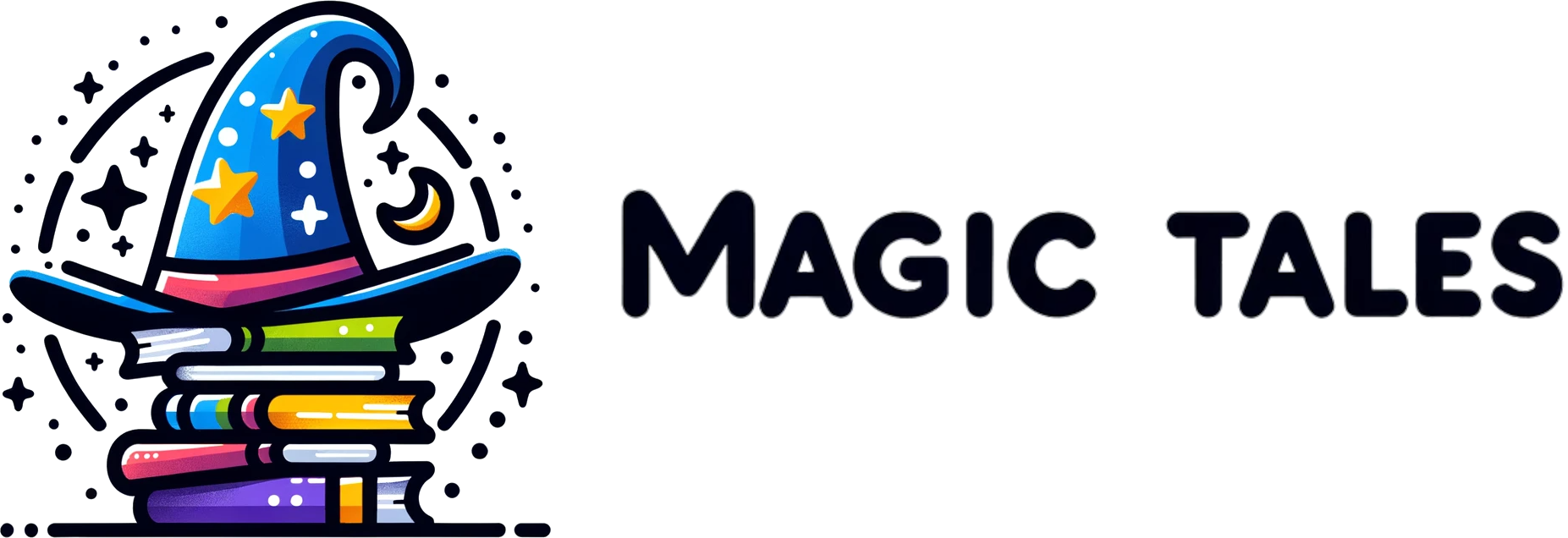Reading with children
a blog by Magic Tales

Diving into Digits: The Phenomenal Power of Numbers in Children’s Literature
Imagine a world without numbers. Sounds almost unthinkable, right? From guided measurements to the revolving hours on the clock, numbers are integral to daily life. Not only do these numerals have immense practical use, but they also hold a fascinating spot in the world of children's literature. Let's delve into the captivating concept of the psychology of numbers in children's literature.
Numbers and Narration
First things first, numbers are a remarkable narrative tool in a child's story. They have the potential to stimulate curiosity, reinforce routine, or simply increment the intrigue in a tale. Remember our beloved 'Three Little Pigs' or 'Goldilocks and the Three Bears'? Instances of numbers shaping narrative structure are plentiful.
Cracking the Counting Code
The initiation into the number world is frequently seen in simple counting books. This category of stories functions as a learning curve, making the child familiar with counting, the basis of mathematics. 'Ten Little Fingers and Ten Little Toes' by Mem Fox and 'Ten Black Dots' by Donald Crews are beautiful examples of such literature. However, these books are not just about numbers; they subtly build a foundation for understanding the sense of quantity, pattern recognition, and sequential order.
Magic of Mathematics
Numbers in children's books often introduce fundamental concepts of mathematics. 'The Grapes of Math' by Greg Tang and 'Math Curse' by Jon Scieszka are excellent instances where mathematical riddles and puzzles are cleverly embedded in the storyline, making the learning experience joyous.
Subliminal Significance
Children's book writers often leverage numbers' symbolic meanings to add a deeper layer to the story. For instance, number seven is often associated with magic and mystery, triggering imagination and wonder. 'Harry Potter and the Seven Potters', anyone?
Unlocking Cognitive Skills
Numbers incorporated in books can have a profound impact on a child's cognitive development. Comprehending numbers, learning to count, or solving a math puzzle activates a child's brain regions responsible for problem-solving and logical thinking. It also instills skills such as patience, focus, and analytical thinking.
So, the next time you pick up a children's book, notice the way numbers shape the narrative, introduce significant concepts and improve cognitive skills. In the magical world of children’s literature, numbers are more than just a way to quantify but a powerful tool to scaffold learning, evoke wonder and joy, and stimulate intellectual growth. Books are indeed a child's first entry into understanding this numerical universe. And who knows, these little readers may grow up to become ardent number-lovers, mathematicians, statisticians, or scientists, all sprouting from the seeds planted by these number-filled narratives.
Want a personalized book to read with your child about Numbers?
Takes as quickly as 30 seconds to create
Create a book about Numbers

